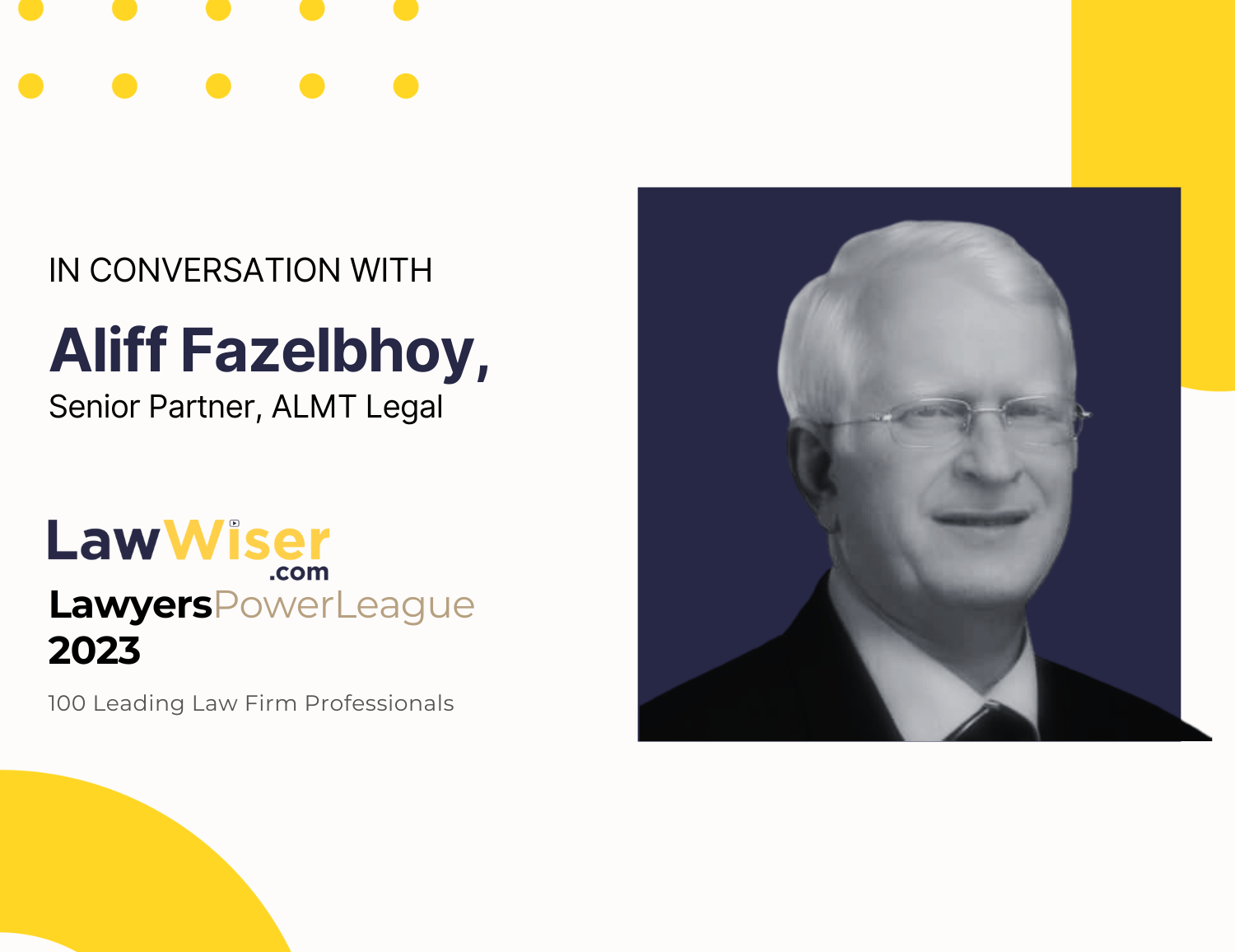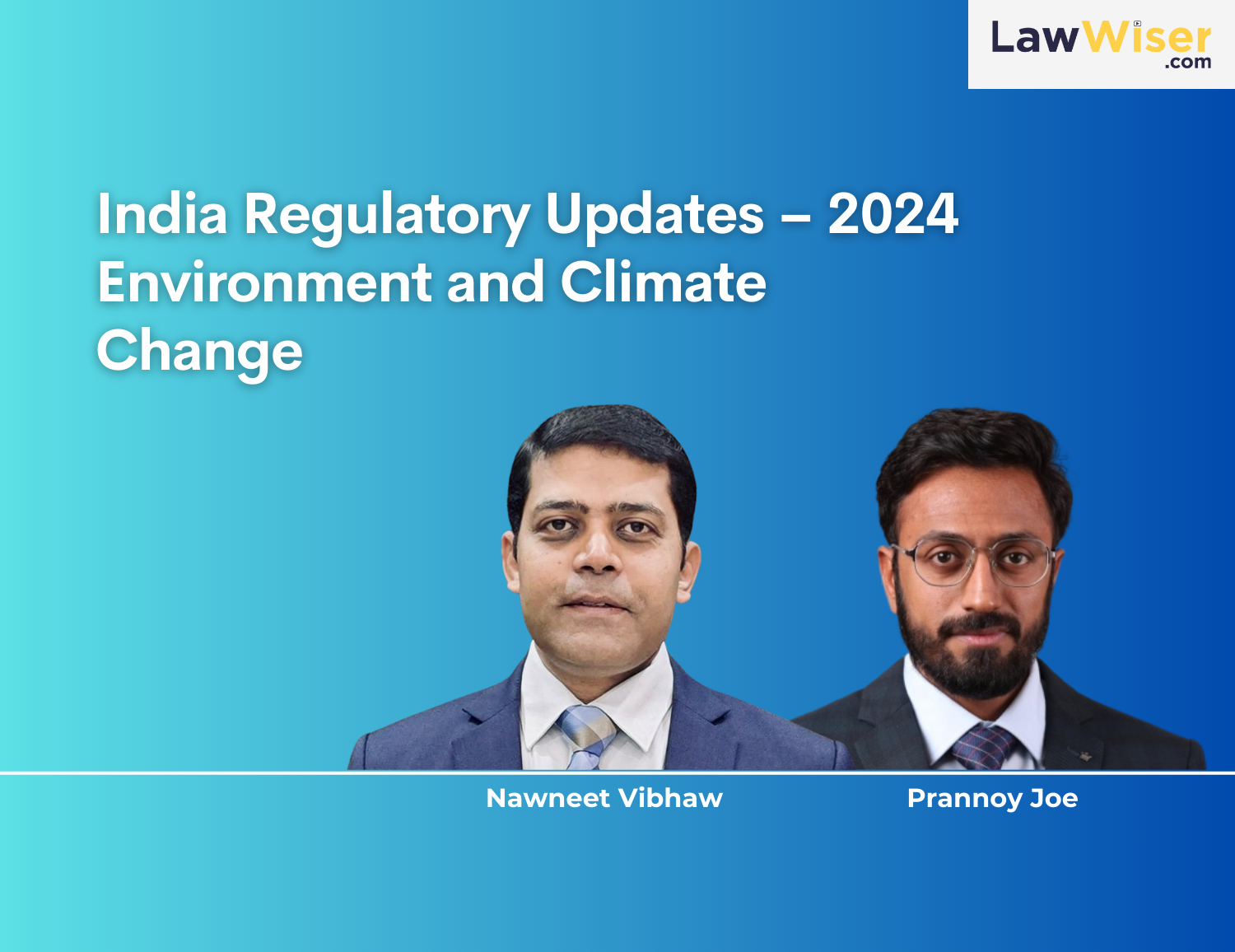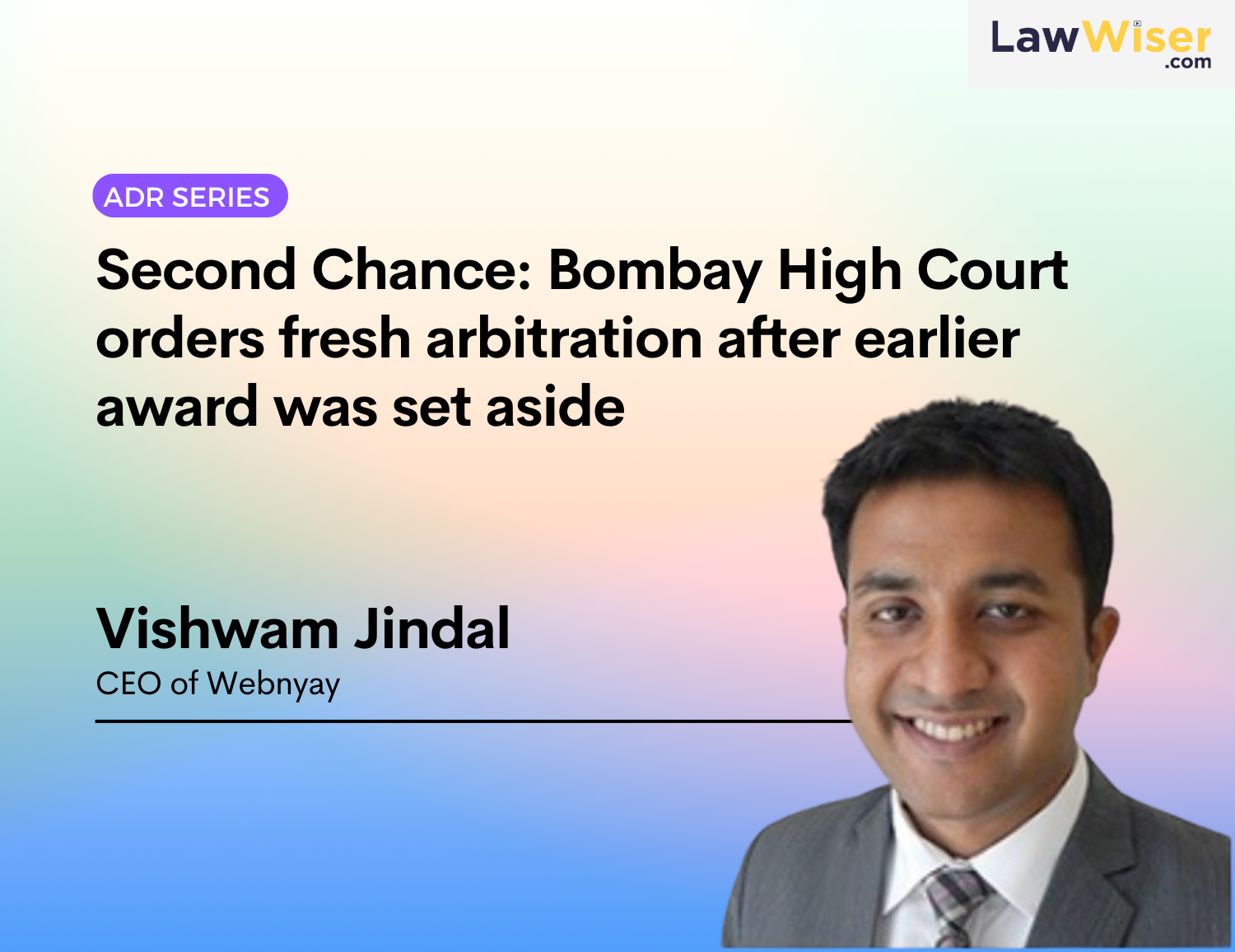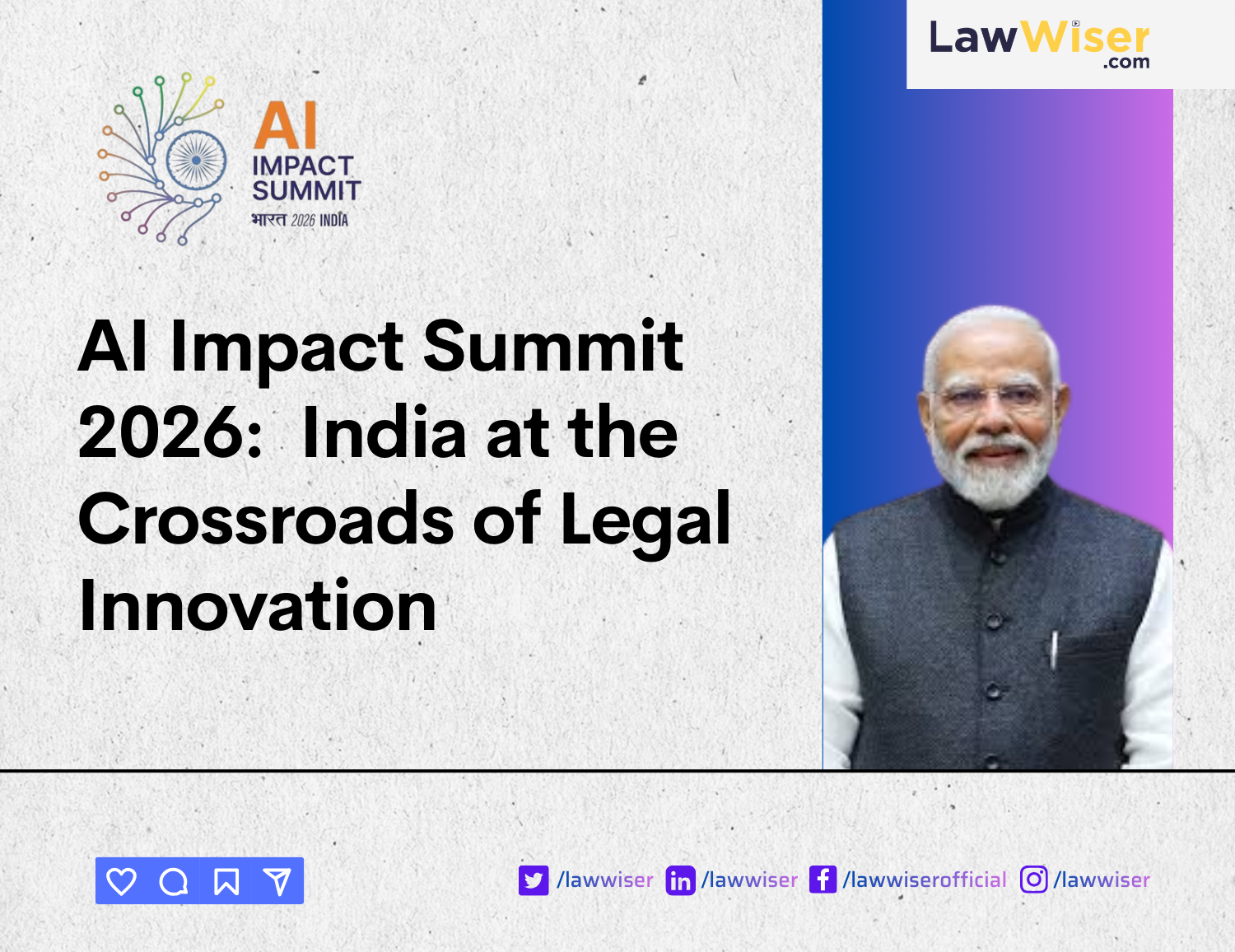Can you share three specific moments that you feel shaped your professional trajectory?
My journey into the legal profession has been interesting and, I would say, rather destined. Being born albino with low vision (around 10-15% of normal sight), I faced challenges throughout my school years. Initially, I was prepared to join my family business. However, fate intervened when a friend mentioned enrolling in a law degree to support his own family business. Intrigued, I decided to pursue law, which marked the beginning of my journey as a lawyer.
Enrolling at Government Law College (GLC) in 1985 was a pivotal decision that redirected my career path. This esteemed institution not only provided me with a strong legal foundation but also allowed me to gain practical experience through morning lectures, moot courts, and concurrent work at a local law firm.
The next significant turning point in my career was transitioning from a focus on litigation and arbitration to corporate and tax law when I joined Thakker & Thakker (T&T). This shift not only broadened my expertise and client base but also paved the way for specializing in M&A, corporate and tax laws.
Furthermore, as a founding partner in a Mumbai-based law firm then known as ARA Law, which I set up in 1996, I merged my practice with ALMT Legal in 2003 to strengthen the Firm’s M&A and tax practice. In addition to my M&A and tax work, I played a key role in developing a robust employment law practice for the Firm, assisting numerous multinational clients with a wide range of employment law matters.
Today, I have worked on some amazing, complex and challenging matters which are an interplay between M&A, tax and employment.
The third game changing moment for me was when I took the plunge and spearheaded the setting up of a new law firm called ARA Law in 1996. I convinced two other aspiring lawyers to join me and soon the firm was recognised as one of the firms to watch out for. In 2003, I merged my own practice with a majority of the lawyers at ARA into my current firm, ALMT Legal, where I have been since the last two decades.
Describe one challenging assignment in your legal career. Can you provide some details about how you approached and overcame the challenges?
One of the most interesting matter I did recently was to assist two global multinationals in merging their Indian entities. This involved not only the corporate and M&A aspects and exchange control regulations but also complex tax structuring to ensure not only that the merger of the business was tax neutral but also that benefits enjoyed by the existing entities were not lost and pending litigations did not hamper the merger. The employment law aspects of the transaction were equally challenging to ensure that the two teams with different employment packages and benefits were effectively integrated into a single system, with sensitive issues like hierarchy and titles being changed and social security plans being combined.
How do you see technology shaping the future of legal practice?
In the current dynamic business landscape, technological advancements are becoming increasingly integral way of life. At our Firm, we transitioned quickly from traditional office setting to embracing new technology within our offices even before covid19 by adopting a cloud-based system that allows us to seamlessly service all our corporate clients.
We also have a remote work policy, which allows our team the flexibility to work from home twice a week which not only enhances efficiency but also reduces the carbon emissions linked with commuting and business travel. We have also implemented robust security measures to ensure privacy and confidentiality are maintained.
Everyone gives tips on what to do. We would like to ask about the don’ts! Based on your experience, what do you feel are some of the things not to do, if one is to become a successful lawyer?
It is rightly said that there are no shortcuts to success. First and foremost, never compromise on ethical standards; integrity and honesty are paramount. Continuous learning is essential, so avoid becoming complacent. Effective communication is crucial, so don’t let poor communication lead to misunderstandings. Listening to and understanding client needs is essential, so don’t disregard their concerns. Maintaining a work-life balance is important to prevent burnout, so don’t overwork yourself. Finally, put ego aside and don’t be afraid to ask for help or collaborate with colleagues when needed.
Can you share the impact mentorship had on your professional journey? In your current role, what are the opportunities you get to mentor young talent?
I’ve had the privilege of meeting inspiring mentors who have greatly influenced my journey as a lawyer. From working with Mr. Munir Visram during my articleship to joining Mr. Brijesh Thakker at Thakker & Thakker in Mumbai after completing my LLM at Cambridge University, these mentors played a pivotal role in nurturing my passion for the legal field and refining my skills. The extensive training and exposure to sophisticated transactions greatly enhanced my professional capabilities. The opportunity to work on complex M&A transactions and serve multinational clients redirected my career path from litigation to specializing as an M&A lawyer, which has since become a significant part of my professional history.
At our Firm, we cultivate an open culture that emphasizes innovation and proactivity, particularly among our junior lawyers. We conduct frequent knowledge management sessions and comprehensive training programs covering various practice areas to ensure all our lawyers are well-informed about recent legal and industry developments. Personally, I engage in one-on-one sessions with our young talent to discuss their career aspirations, provide guidance on legal matters, and offer advice on professional development. I also encourage junior lawyers to shadow me during client meetings and negotiations to gain firsthand experience and insights. In addition to providing mentorship for junior lawyers, we actively promote their participation in training courses, webinars, networking events, and seminars to broaden their knowledge and enhance their skills in business development and peer learning.



 May 27, 2024
May 27, 2024








 February 13, 2026
February 13, 2026 0 COMMENTS
0 COMMENTS


